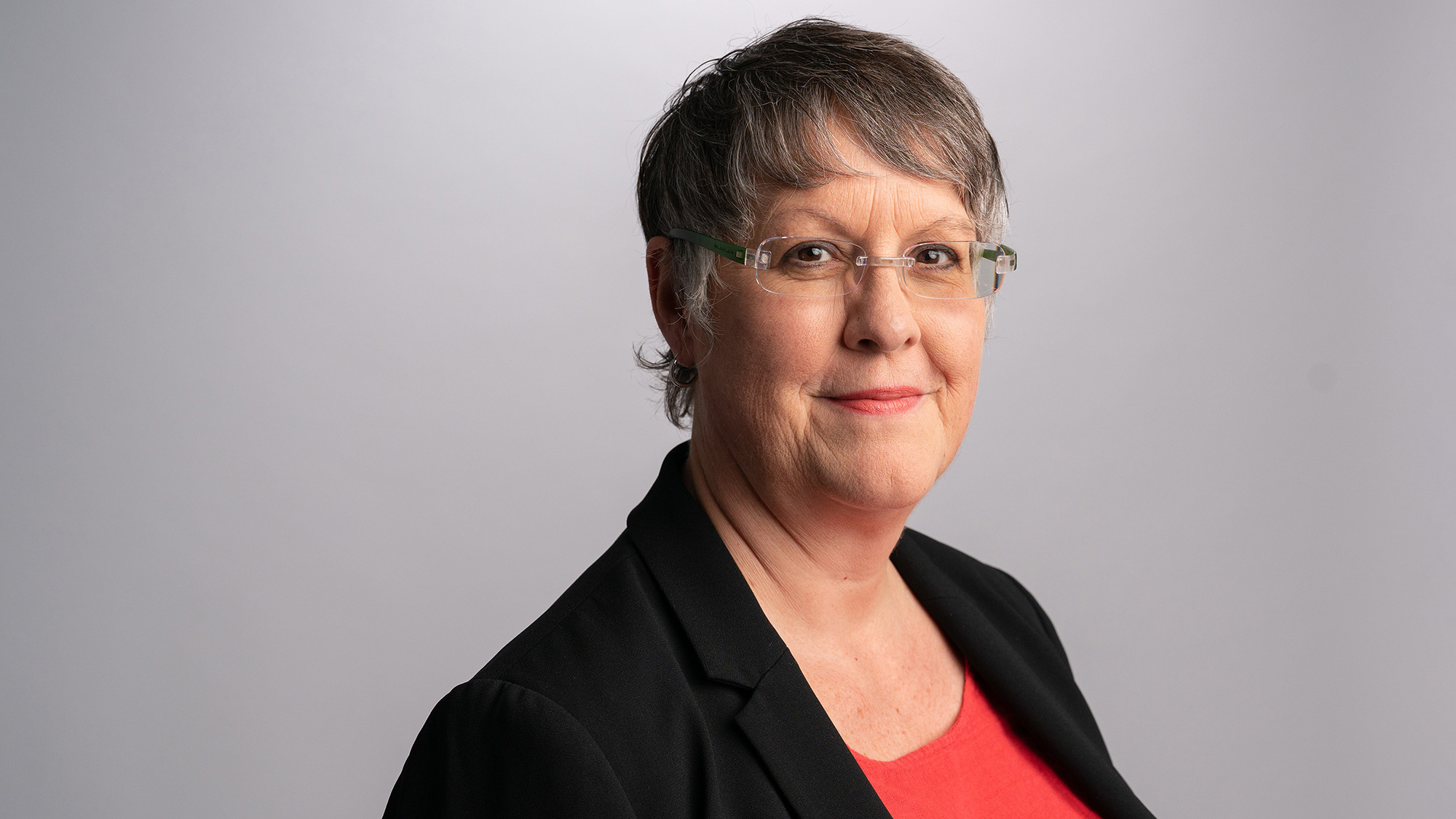Strong demand for Islamic finance products to support sustainability goals

A global survey among Islamic banks’ retail customers found that the vast majority want their bank to offer products aligned with the UN Sustainable Development Goals – and most are willing to pay a premium.
Many Islamic banks have long emphasised the ethical aspects of sharia-compliant finance. For example, Islamic finance has a strong social element, with Muslims required to donate 2.5% of their income as obligatory zakat to help those in need.
Now there is an opportunity to link Islamic finance products more broadly with supporting the UN Sustainable Development Goals (SDGs), thereby attracting ethically-minded customers of all faiths. As Charles Haresnape, CEO of Gatehouse Bank, a sharia-compliant UK lender, told The Banker, “There is a natural alignment between sharia principles and ethical and sustainable banking frameworks.”
“Reframing how we think of Islamic finance encourages a convergence of shared standards that could evolve to see sustainably responsible impact investing in environmental, social and governance (ESG) areas across the Islamic finance sectors. I believe it makes a lot of sense that responsible and sustainable finance practices such as ESG be used as a tool in instigating engagement,” said Noripah Kamso, former chairwoman of Bank Rakyat in an interview with The Banker.
Specifically on the environmental side, Hassan Usman, managing director and CEO of Jaiz Bank in Nigeria, told The Banker: “It is a core principle of Islamic finance to not invest in activities that are deemed to be harmful to a society, which is a very large umbrella. So, for example, activities that will destroy some elements of the environment and adversely distort the balance of an ecosystem would not be financed by an Islamic finance institution.”
A recent survey of four Islamic banks’ retail customers, commissioned by the Islamic Finance Council UK, found that 90% respondents said it was important that their bank provided products that aligned with the SDGs. Seven in 10 said that the alignment of financial products with sustainability would encourage them to use their bank’s products more.
Notably, 87% say they would be willing to pay a premium for UN SDG-aligned products, with a median price premium of 4.4%.
The research polled 1963 customers of CIMB Group (Malaysia), Gatehouse Bank (UK), Habib Bank Limited (Pakistan), Islamic Bank Australia (Australia) and Jaiz Bank (Nigeria).
The survey also tested the familiarity of types of finance products and services, which saw some difference between the global North and South. For example, ethical finance, net zero, green lending and sustainable investing were significantly more familiar to respondents from the global North, whereas impact investing was more familiar to respondents from the global South.
There was also a difference when it came to paying extra for SDG-aligned products. Eighty-nine percent in the global South were prepared to pay more versus 80% in the North. The South was willing to pay, on average, 5.0% extra compared to just 2.5% more in the North.
Interestingly, 64% of respondents used social media to find out about Islamic finance, making it the most popular information source. Of the respondents using social media, 83% used Facebook to find out about Islamic finance products. But while Facebook was the most popular social media platform in the global South, LinkedIn was the most popular social media platform in the North.
Joy Macknight is editor of The Banker. Follow her on Twitter @joymacknight
Register to receive the Editor’s blog and in-depth coverage from the banking industry through the weekly e-newsletter.


